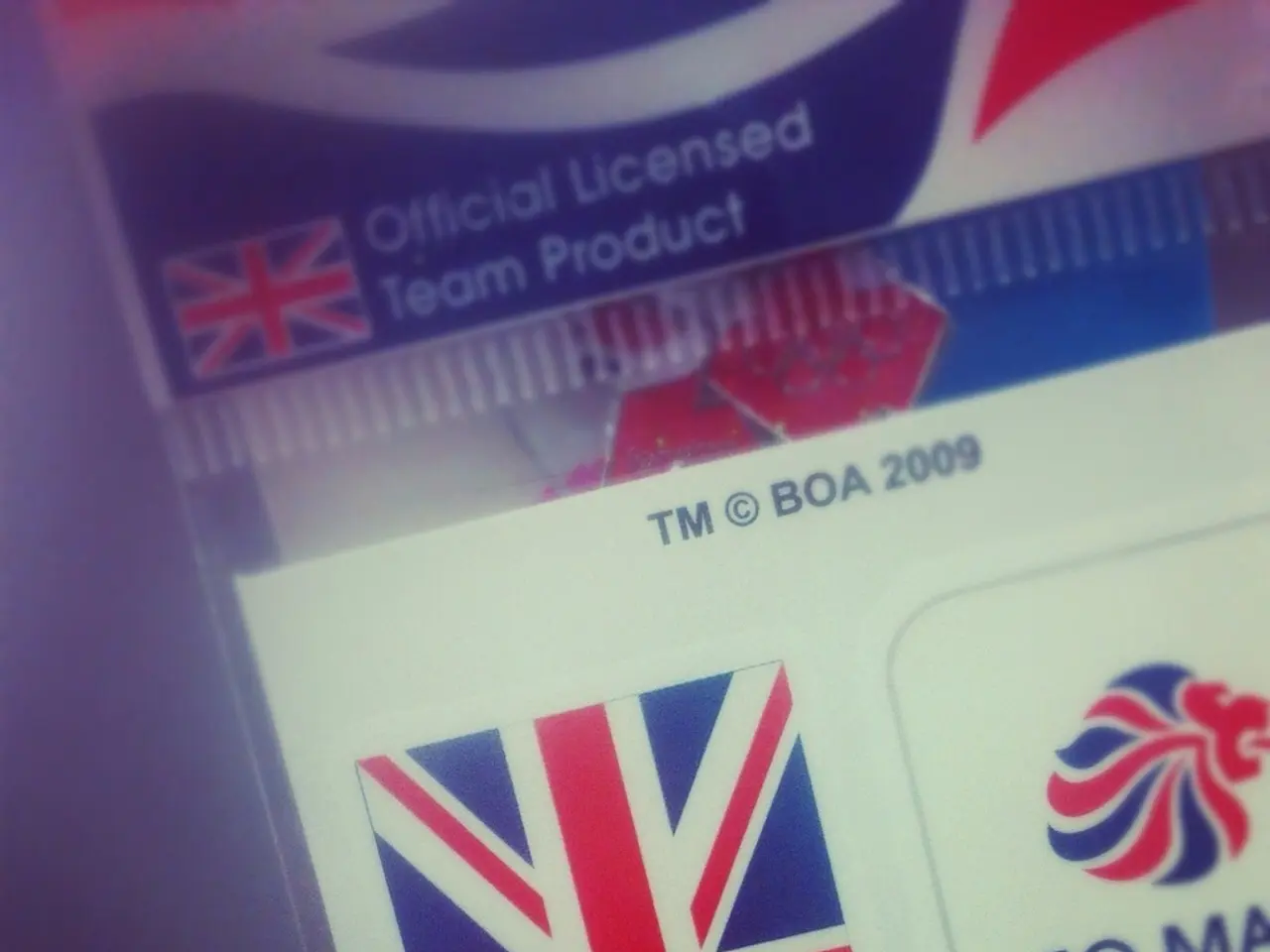Increased European Involvement in Security Strategy
European Union Aims to Strengthen Defense and Foreign Policy Capabilities
Foreign Minister Heiko Maas of Germany has advocated for a more proactive role for the European Union in international security. In a speech at the United Nations General Assembly in New York, he emphasized the need for the EU to strengthen its decision-making capability in the common foreign and security policy.
Maas believes that the EU must be capable of foreign policy and must assume more responsibility in international security. He views a change in the EU's approach as an opportunity to make the bloc a fundamental pillar of the international order and a significant actor within an alliance of countries committed to multilateral cooperation.
Last year, the European Union made a breakthrough with the permanent structured cooperation - PESCO - in the defense area. Discussions are currently underway on the European Defense Fund, aimed at improving the EU's joint defense capabilities. To achieve this, Maas suggests becoming more professional and faster in European deployments.
One proposed method for enhancing crisis response is the establishment of a "European Center of Excellence for Civilian Crisis Management". This center would focus on improving the EU's ability to respond quickly and effectively to conflicts. Highly mobile reconnaissance units could provide rapid situational awareness for the EU.
Another initiative is the proposal for a European Security Council, which would consist of a smaller circle of rotating members, working more quickly and intensively on solving current crises. The Council would be able to deploy "stabilization pilots", units available to the EU when a conflict becomes acute.
Maas also emphasizes the need for qualified majority decisions as a means to improve the EU's decision-making process. He states that the principle of unanimity is not sufficient to solve current crises.
Germany's membership in the UN Security Council, starting from next year, will provide a lever to shape and contribute to a better dynamic. Germany will advocate the goals of EU foreign policy in the UN Security Council.
Maas further wants to anchor this integrated approach, which involves coordinating civilian and military means and having different actors work together effectively, in the European Union. He believes that appropriate capabilities are necessary for a strong and sovereign Europe in security policy, and that investment is required for this security.
Maas concluded his speech by noting a sense of change and emphasizing the importance of the EU being ready to shape the developments of the coming years. The foreign minister wants to further this approach within the European Union, with the goal of making the EU a more effective and influential actor on the global stage.
Read also:
- Tobacco industry's suggested changes on a legislative modification are disregarded by health journalists
- Uncovering Political Ad Transparency: A Guide to Investigating opponent's Political Advertisements in the Digital Realm
- Elon Musk praises JD Vance's debate performance against Tim Walz
- Right-wing Israeli minister supports controversial plan for West Bank settlement expansion








